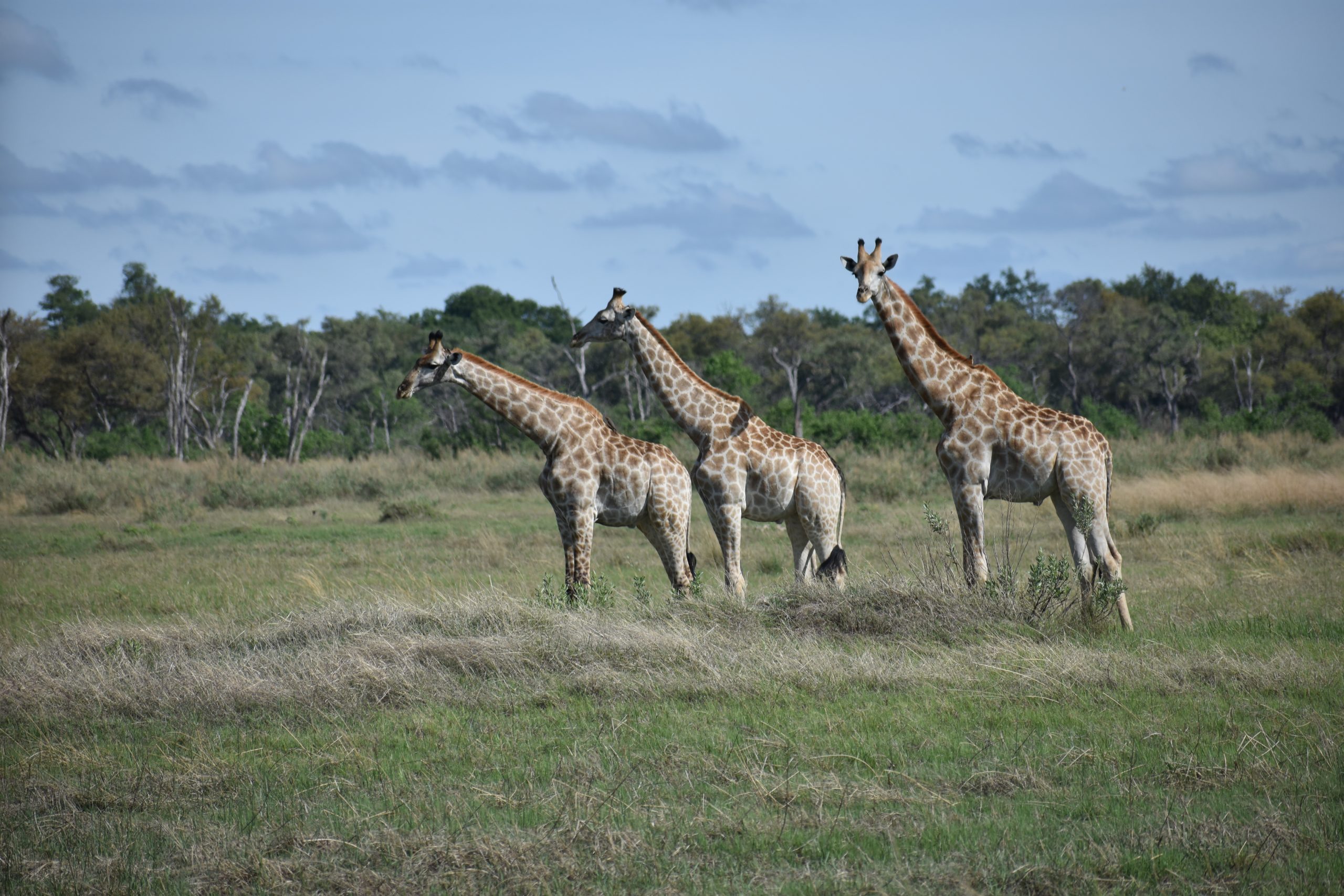The Family Journeys Co-Lab
The research that we conduct informs our understanding of the pathways that individuals follow toward risk outcomes as well as health and well-being. Our recent publications reflect the efforts of three externally-funded research teams, student-led projects, and related programs of study.
Ongoing research projects include the following.
For over 15 years, the Cross Study team has combined the advancement of analyses for data pooling with the study of factors impacting the development of substance use. This work has been consistently funded by the National Institude on Drug Abuse. Our previous work examined an early-emerging internalizing pathway to substance use and disorder across the first four decades of life through the simultaneous analysis of three, nationally recognized longitudinal studies of children of alcoholic parents and matched controls. More recent work focuses on refining approaches to Integrative Data Analysis and uses computer simulations and an original data collections that serve as an analogue to the pooled study design. Substantive issues addressed in this work include, for example, the role of social media and digital communication in college students’ substance use (along with Michaeline Jensen, Assistant Professor at UNC-G) and rase-based approaches to alcohol specific communication by parents with their college-aged children of color (along with Katie Smith, DRRL graduate student). The team includes quantitative methodologists Dan Bauer and Patrick Curran.
The Role of Peers in the Internalizing Pathway to Adolescent Substance Use
A secondary analysis of the Context/Linkages study (original PIs: Susan Ennett and Vangie Foshee) combines longitudinal growth modeling and social network analysis to examine the role of peers in negative affect-substance use associations across adolescence. This project includes a team of researchers from public health, quantitative methodology, and clinical psychology and is funded by the National Institute on Drug Abuse. Collaborating faculty include Susan Ennett, Nisha Gottfredson, Bob Faris, and Dan McNeish.
The Raising Grateful Children project has followed school-aged children and their parents for three years now to examine the development of gratitude in children and what parents do to socialize gratitude in their children. We use a variety of methods (focus groups, daily diaries, observation assessments, behavioral tasks, and longitudinal follow-ups) to test developmentally informed hypotheses about how gratitude develops in children. We are now testing an online parenting program to support gratitude socialization in children. This work has been funded by two grants from the John Templeton Foundation. This inter-institutional team includes collaborating faculty members Jennifer Coffman, Phil Costanzo, Amy Halberstadt, Hillary Langley, Drew Rothenberg, and Taylor Thomas.
